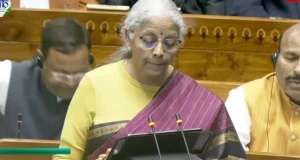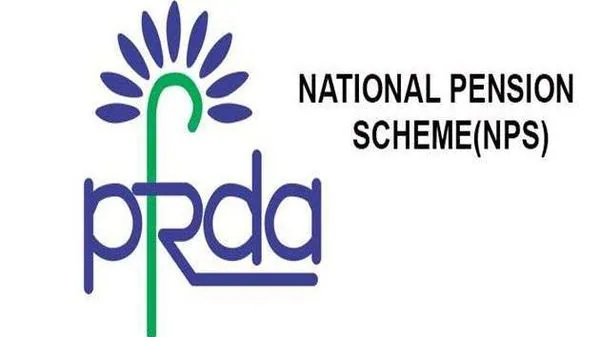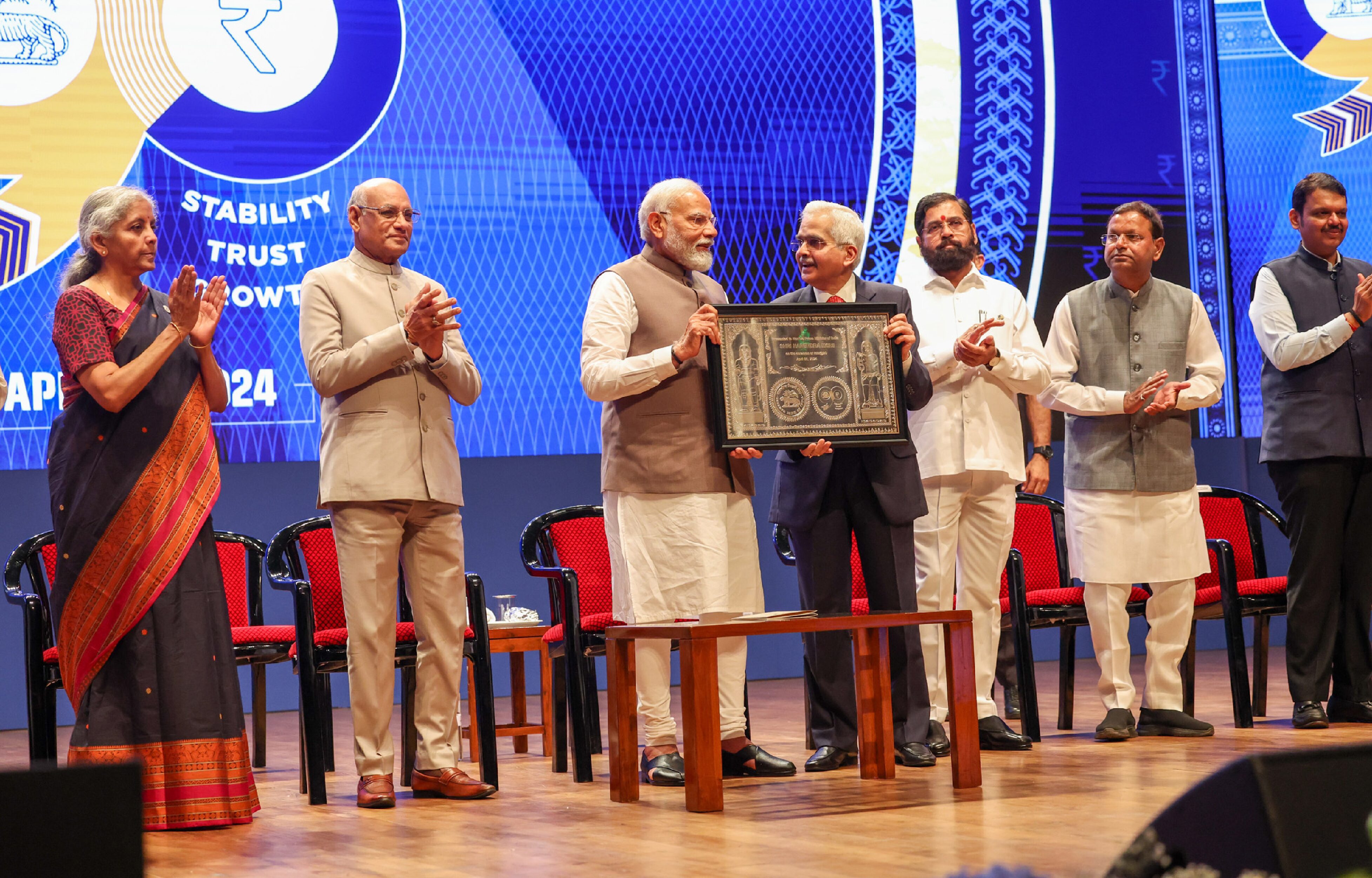On account of huge accumulated debt of Air India, Government followed Enterprise Value (EV) bidding approach for strategic disinvestment of Air India and its identified subsidiaries/JVs (100% shareholding in AIXL and 50% shareholding in AISATS). This was stated by Union Minister of State for Finance Dr Bhagwat Kisanrao Karad in written reply to a question in Lok Sabha
Given more details, the Minister stated, under the EV approach, bidders were to quote a combined debt and equity value with a split of 85% as debt and minimum 15% as equity consideration for allocation of quoted EV. The strategic disinvestment transaction has been carried out for the entire company as a going concern. Assets other than non-core assets and liabilities other than those excluded from the transaction will remain with the acquirer. Non-core assets of Air India and its subsidiaries (book value of Rs 14,718 crore as on August 31, 2021) are not a part of the disinvestment transaction and will not be taken over by the successful bidder but transferred to Air India Asset Holding Company (AIAHL), 100% owned by GoI.
The Minister stated that the strategic disinvestment transaction has been carried out through an open, transparent and competitive process, involving the following:
- In the first stage of the transaction, seven Expressions of Interest (EOIs) were received of which five EOIs were rejected on grounds of non-fulfilment of eligibility criteria and two EOIs were shortlisted for the second stage.
- Information was made available, under confidentiality undertaking through Virtual Data Room (VDR) to the Qualified Interested Bidders (QIBs), who also inspected the assets and facilities of the companies under the transaction.
- The Request for Proposal (RFP) was issued to the bidders. The Share Purchase Agreement (SPA) was then finalized and issued to the QIBs before submission of bids. DIPAM has a set of indicative guidelines for strategic disinvestment transactions which are to be suitably customized to each specific transaction. The Share Purchase Agreement (SPA) are based on these guidelines and have been finalized after detailed Inter- Ministerial consultations at several fora, the Inter-Ministerial Group (IMG), the Core Group of Secretaries on Disinvestment (CGD) and Air India Specific Alternative Mechanism (AISAM).
- In keeping with the best market practices and extant guidelines, the Reserve Price for the transaction was fixed at Rs 12,906 crore on the basis of Business valuation carried out by the Transaction Adviser and Asset Valuation carried out by the Asset Valuer. The Reserve Price was fixed only after receipt of sealed bids.
- Two financial bids were received following a competitive and transparent disinvestment process. The highest bidder, M/s Talace Pvt Ltd, a wholly owned subsidiary of M/s Tata Sons Pvt Ltd quoted an EV of Rs 18,000 crore with a retention of debt in AI + AIXL of Rs 15,300 crore (85% of EV quoted) and the cash component of Rs 2,700 crore (15% of EV quoted).
- The SPA has been signed on 25 October, 2021. As per the SPA, a set of Conditions Precedent (CPs) have to be satisfied by the successful bidder, Air India and Government of India before closing of the transaction.
- The transaction has been supported by professional advice from experts – Transaction Adviser, Legal Adviser and Asset Valuer, who have been appointed through a transparent, competitive process.
The Minister further stated that the transaction can be closed after the CPs are satisfied.
Government Departments / Autonomous Bodies owe Air India Rs 244.78 crore as on September 30, 2021. Out of this, Rs 30.38 crore has been recovered as on 30.11.2021, the Minister stated.
The sale is on a ‘going concern’ basis and the employees shall continue to be employees in terms of the agreed SPA signed on 25th October, 2021, the Minister stated:
- Employees cannot be retrenched for a period of one year from the closing date and will be eligible for voluntary retirement scheme with maximum benefits in case of retrenchment in the second year from closing.
- The employees will also be eligible for other benefits like gratuity, provident fund benefits, passage rights, in accordance with applicable law/ industry practice.
- Employees have been allowed to stay in the residential colonies for a six-month period from closing.
- There is a provision post-closing for ESOP scheme for employees.
- Medical benefits will be providedto existing employees by the strategic buyer as per industry practice.
- Government has the obligation to provide medical facilities to all retired employees (as on closing date) and eligible existing employees (who have attained 55 years of age or above or have completed 20 years of service) and their spouses, post retirement.
 Indian Industry Plus A Pratisrutiplus Suppliment
Indian Industry Plus A Pratisrutiplus Suppliment
















